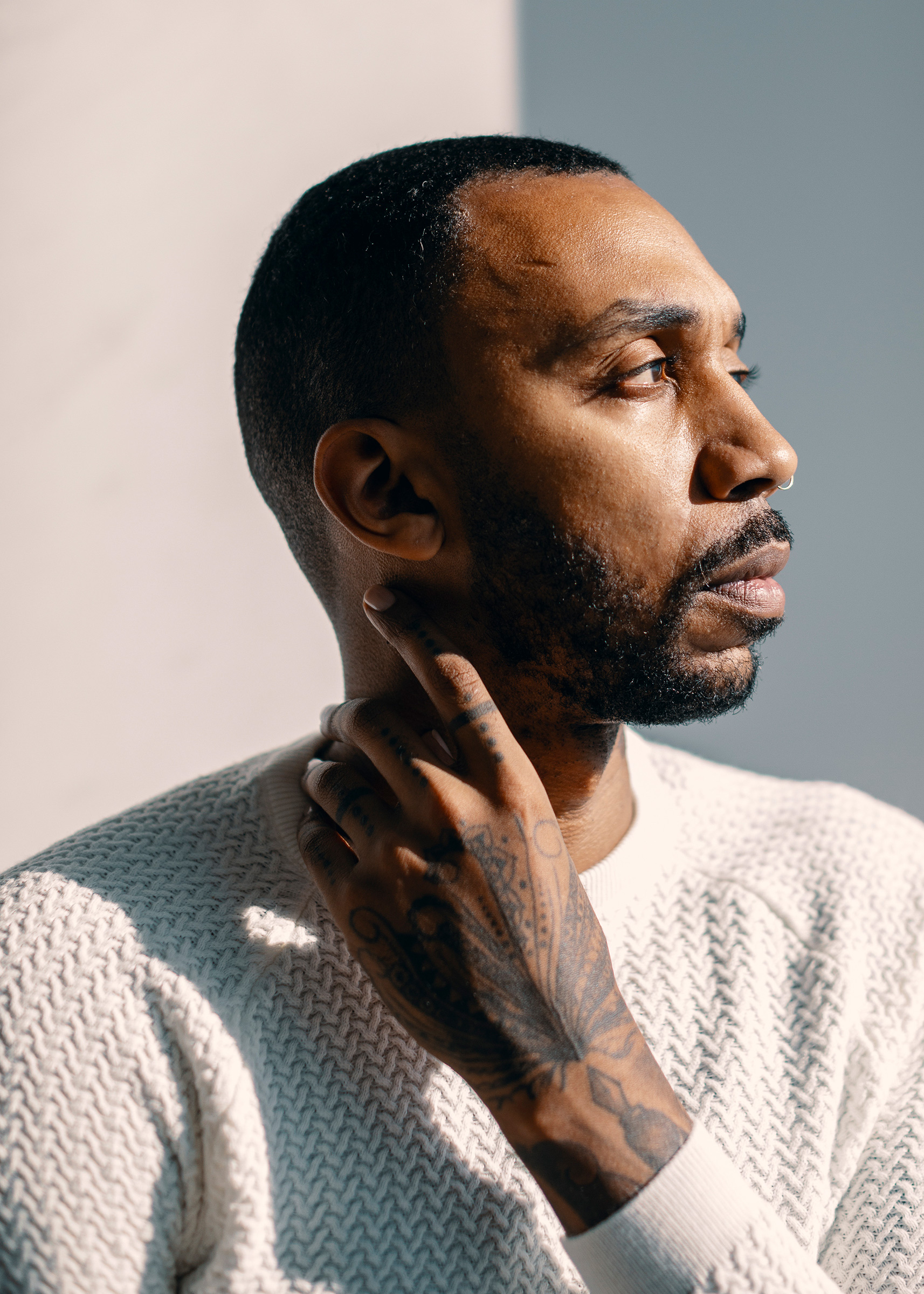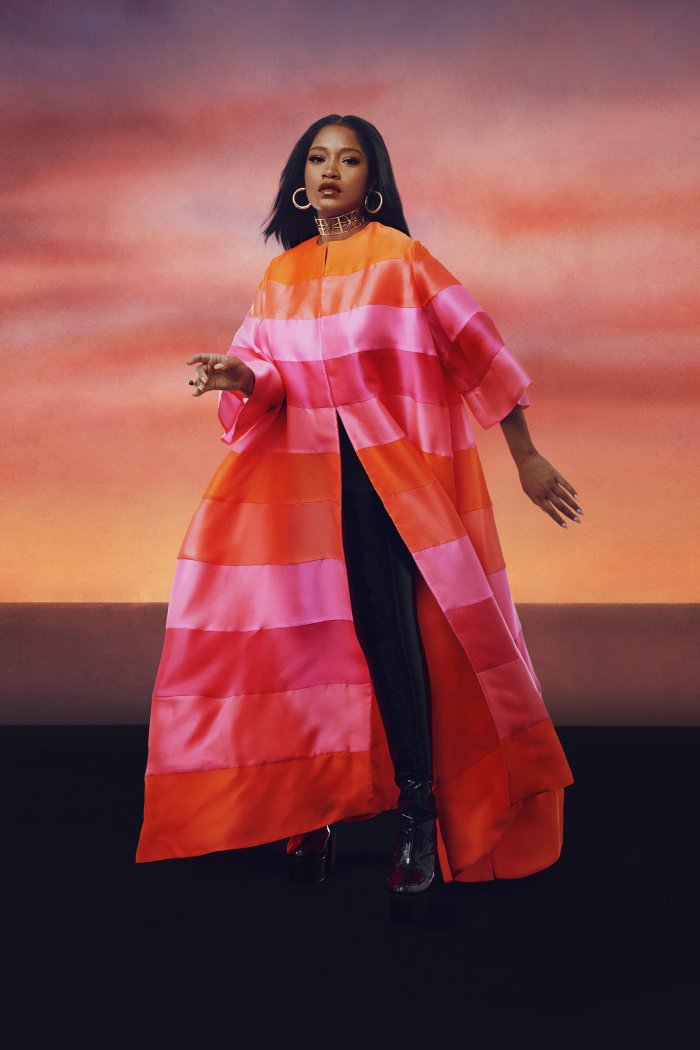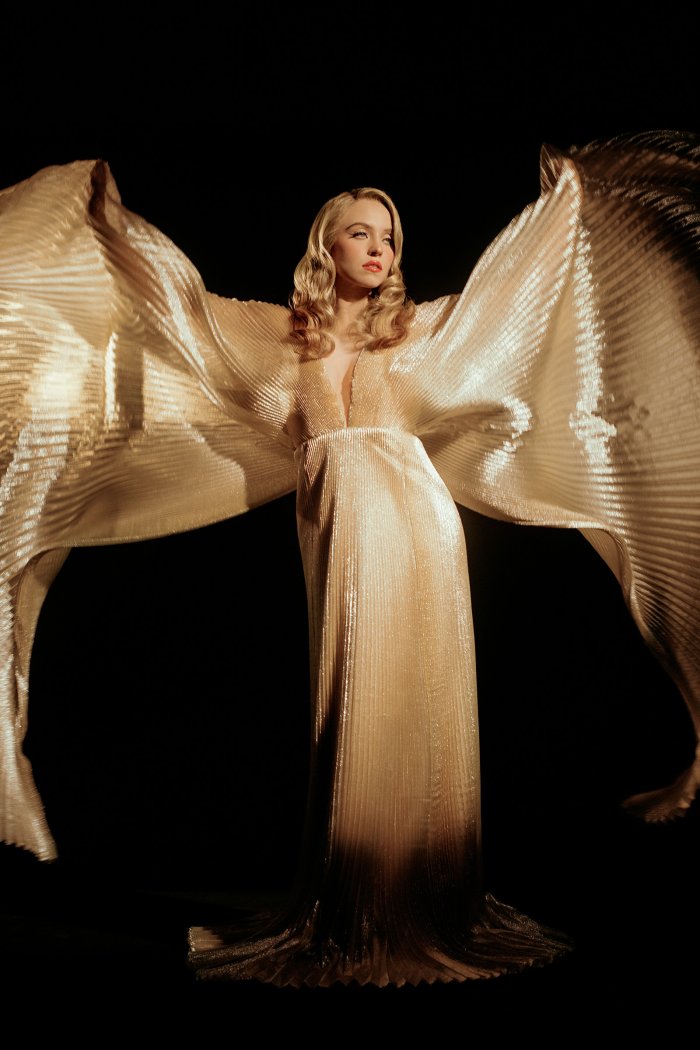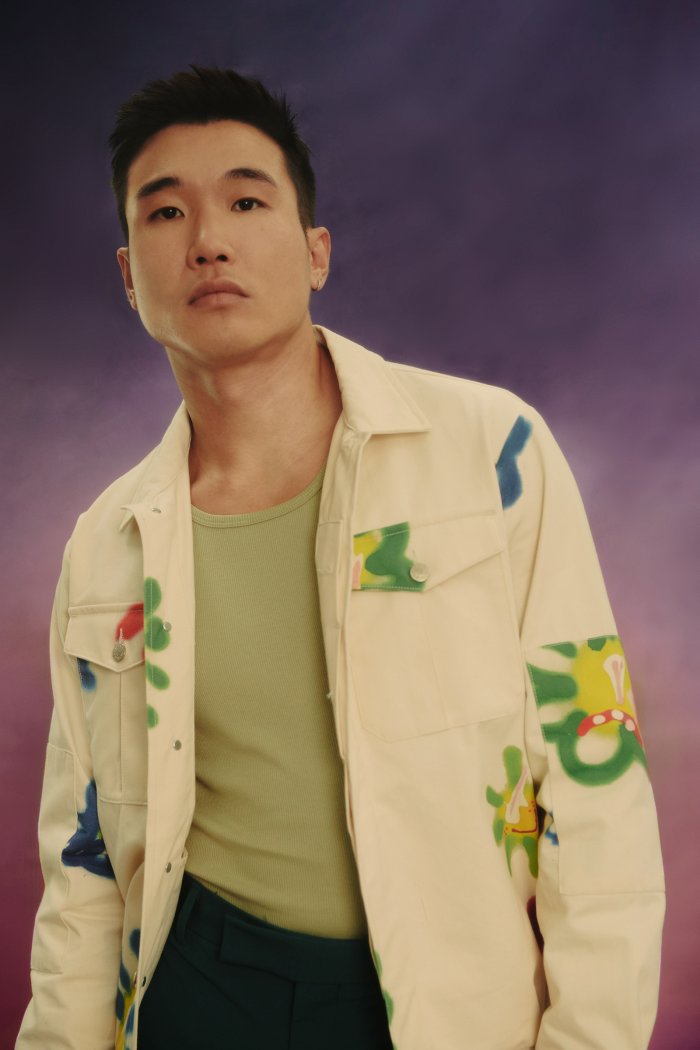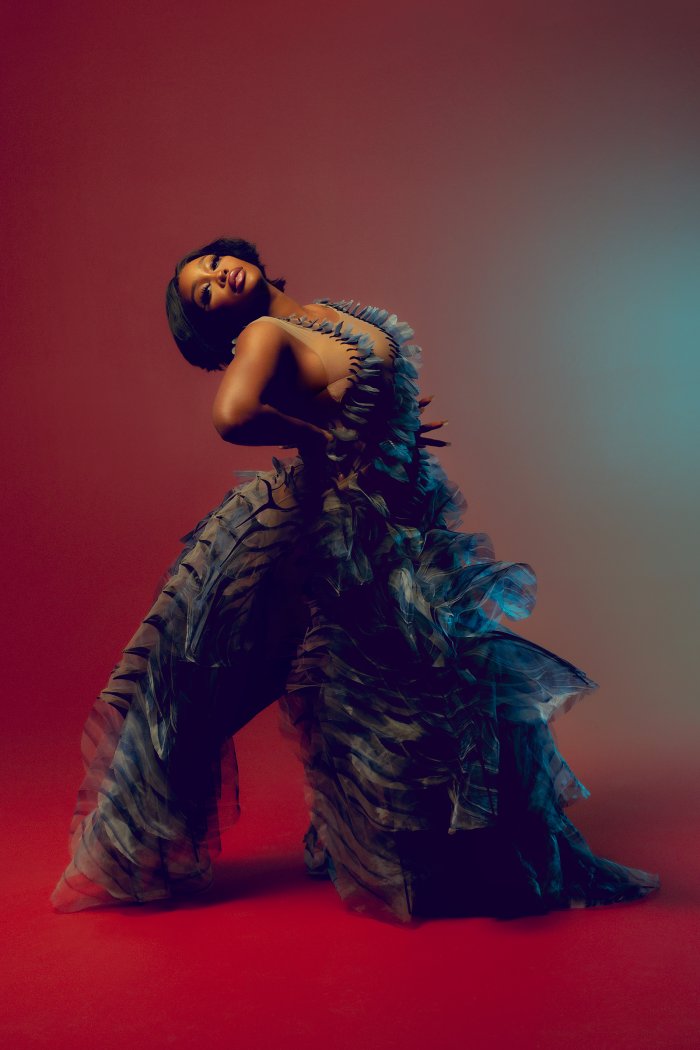Brave is an overused word. A word, I’d argue, that has become milquetoast and cliché. So despite the urge to do so, I will refrain from calling George M. Johnson brave. I’d rather consider George urgent, because urgency implies spark and pulse. It connotes importance and immediacy, and in George’s case, a personal constitution that propels them toward the melee of hate and censorship, not to oxygenate the fearmongering, but to stand in the love they have for the children they serve through their writing and advocacy. When their debut memoir, All Boys Aren’t Blue, became a focus of growing book-banning efforts in 2021, George responded with that trademark urgency—contesting not only the censorship of their work, but threats to other such works across the country.
In the opportunities I’ve had to spend time with George, we’ve typically laughed and traded notes about how much of their fortitude comes from their family. And perhaps that’s what drives George: they see children, more specifically Black children, and even more specifically queer Black children, as their family. They are George’s nieces and nephews who deserve to laugh as hard as George does in the face of muzzlers, so that they may know the value of … bravery. Better yet, so that they may have fewer reasons to be brave. Tell me, what’s more urgent than that?
Reynolds is a novelist and poet
- Cybersecurity Experts Are Sounding the Alarm on DOGE
- Meet the 2025 Women of the Year
- The Harsh Truth About Disability Inclusion
- Why Do More Young Adults Have Cancer?
- Colman Domingo Leads With Radical Love
- How to Get Better at Doing Things Alone
- Michelle Zauner Stares Down the Darkness
